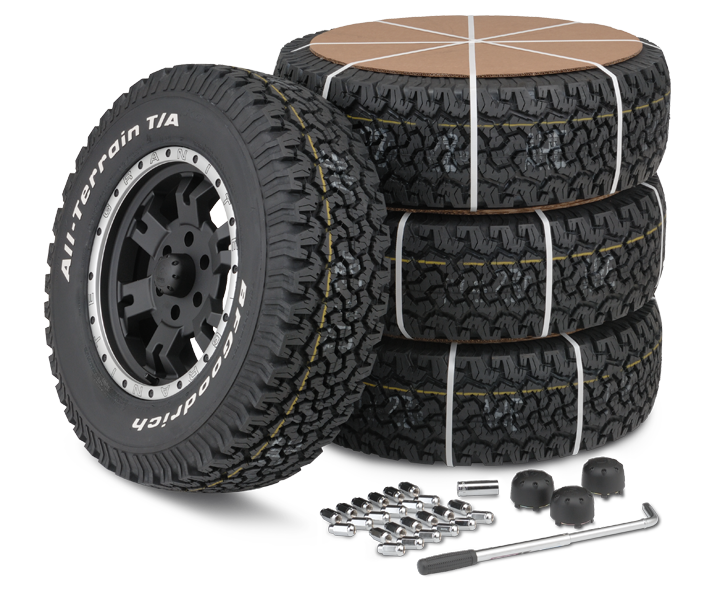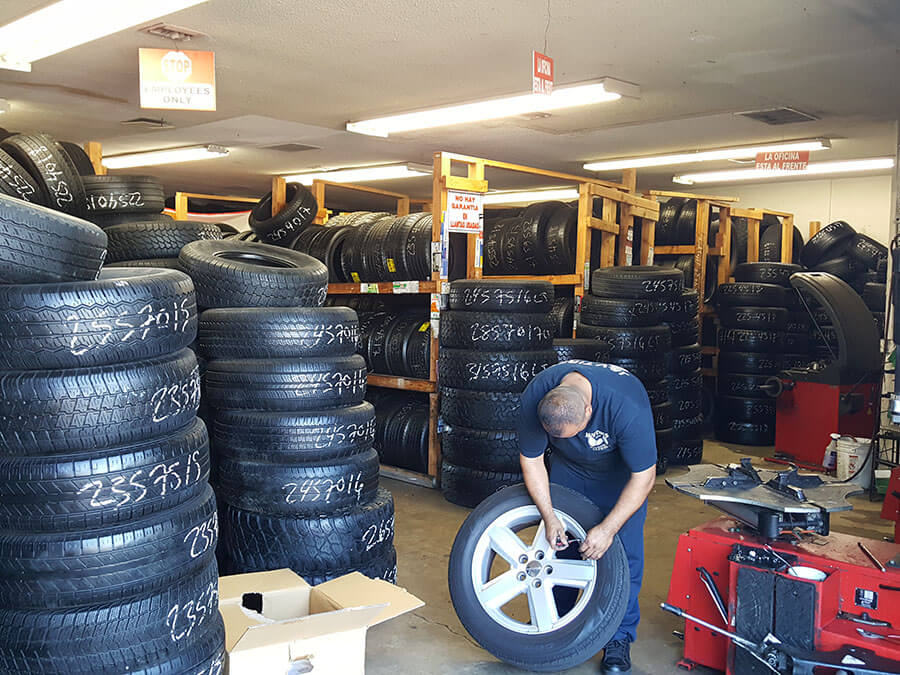Discover Top-Quality Tires Morris IL: Choose the Best for Your Vehicle
Discover Top-Quality Tires Morris IL: Choose the Best for Your Vehicle
Blog Article
Tire Solution: Recognizing Tire Pressure Tracking Equipments
Comprehending Tire Stress Tracking Solutions (TPMS) is an important aspect of maintaining ideal lorry efficiency and safety on the roadway. With developments in automotive technology, TPMS has ended up being a basic function in contemporary automobiles, providing real-time info on tire stress degrees.

Significance of TPMS
The value of Tire Stress Surveillance Solutions (TPMS) hinges on their ability to boost vehicle safety and security and performance via real-time surveillance of tire stress degrees. Keeping the proper tire pressure is crucial for guaranteeing optimum handling, braking, and general safety of an automobile. TPMS offers chauffeurs with instant comments on any kind of underinflated or overinflated tires, allowing for prompt modifications to be made.
Parts of TPMS
Sensors are typically located in the tire shutoff stem or affixed to the wheel assembly, where they measure tire stress and transfer data to the control module. Some progressed TPMS versions additionally present the actual tire pressure readings for each tire, giving motorists with real-time details to ensure optimal tire efficiency and safety. By checking tire pressure continuously, TPMS aids avoid mishaps, reduces tire wear, and boosts gas performance, making it a crucial component for car security and performance. tires morris il.
Sorts Of TPMS

On the various other hand, indirect TPMS depends on the vehicle's wheel speed sensing units to keep track of tire pressure. This system finds underinflation by comparing the rotational speeds of the wheels. Indirect TPMS is less expensive than straight TPMS, as it utilizes existing sensors within the automobile.
While straight TPMS uses extra accurate analyses, indirect TPMS is simpler in style and generally calls for less upkeep. Both systems have their advantages and restrictions, and the choice between them often relies on elements such as expense, automobile make, and personal choice. Understanding the distinctions in between these 2 kinds of TPMS can aid car proprietors make educated decisions regarding tire upkeep and safety and security.
TPMS Upkeep Tips
Effective upkeep of TPMS is essential for making sure optimum performance and security of your car. On a regular basis checking the check my reference TPMS sensors for any kind of damages or corrosion is important. Make sure that the sensors are tidy and free from debris that might conflict with their functioning. Furthermore, it is a good idea to examine the sensing unit batteries occasionally and change them as required to ensure precise analyses. Conduct routine checks on the tire look at more info stress levels and contrast them with the TPMS analyses to ensure they are constant. Rectify the system following the producer's standards if there are any inconsistencies. Throughout tire rotation or substitute, make certain that the TPMS elements are handled carefully to avoid any kind of prospective damages. Finally, if the TPMS alerting light illuminates on the control panel, address the problem promptly by checking the tire stress and the overall system for any kind of mistakes. By adhering to these upkeep tips, you can lengthen the life-span of your TPMS and boost the safety of your driving experience.
Advantages of Appropriate Tire Stress
Preserving appropriate tire pressure, as highlighted in TPMS Upkeep Tips, is essential for enjoying the numerous advantages connected with optimum tire pressure degrees. Furthermore, proper tire stress makes certain also tire wear, prolonging the life-span of the tires and advertising much safer driving problems. In final thought, the advantages of appropriate tire stress go past simply tire durability; they include boosted fuel performance, improved safety and security, better automobile performance, and total driving convenience.
Conclusion
In conclusion, comprehending tire stress surveillance systems (TPMS) is essential for preserving optimum tire stress and ensuring automobile security. By acknowledging the relevance of TPMS, knowing with its components, understanding the different types available, adhering to correct upkeep suggestions, and realizing the advantages of preserving appropriate tire pressure, drivers can enhance their driving experience and prolong the lifespan of their tires. Correct tire stress is vital to efficient and secure vehicle procedure.

Report this page